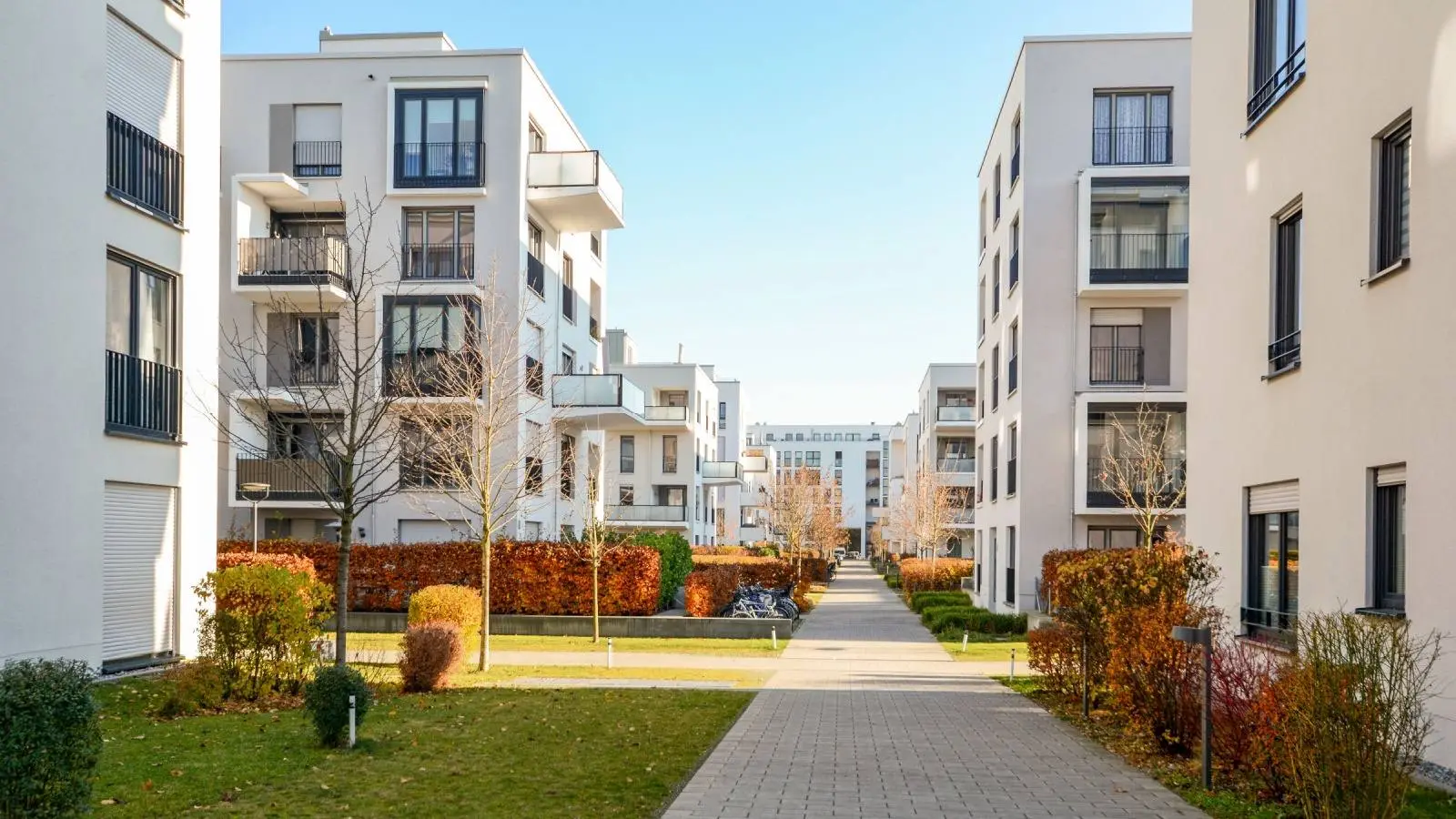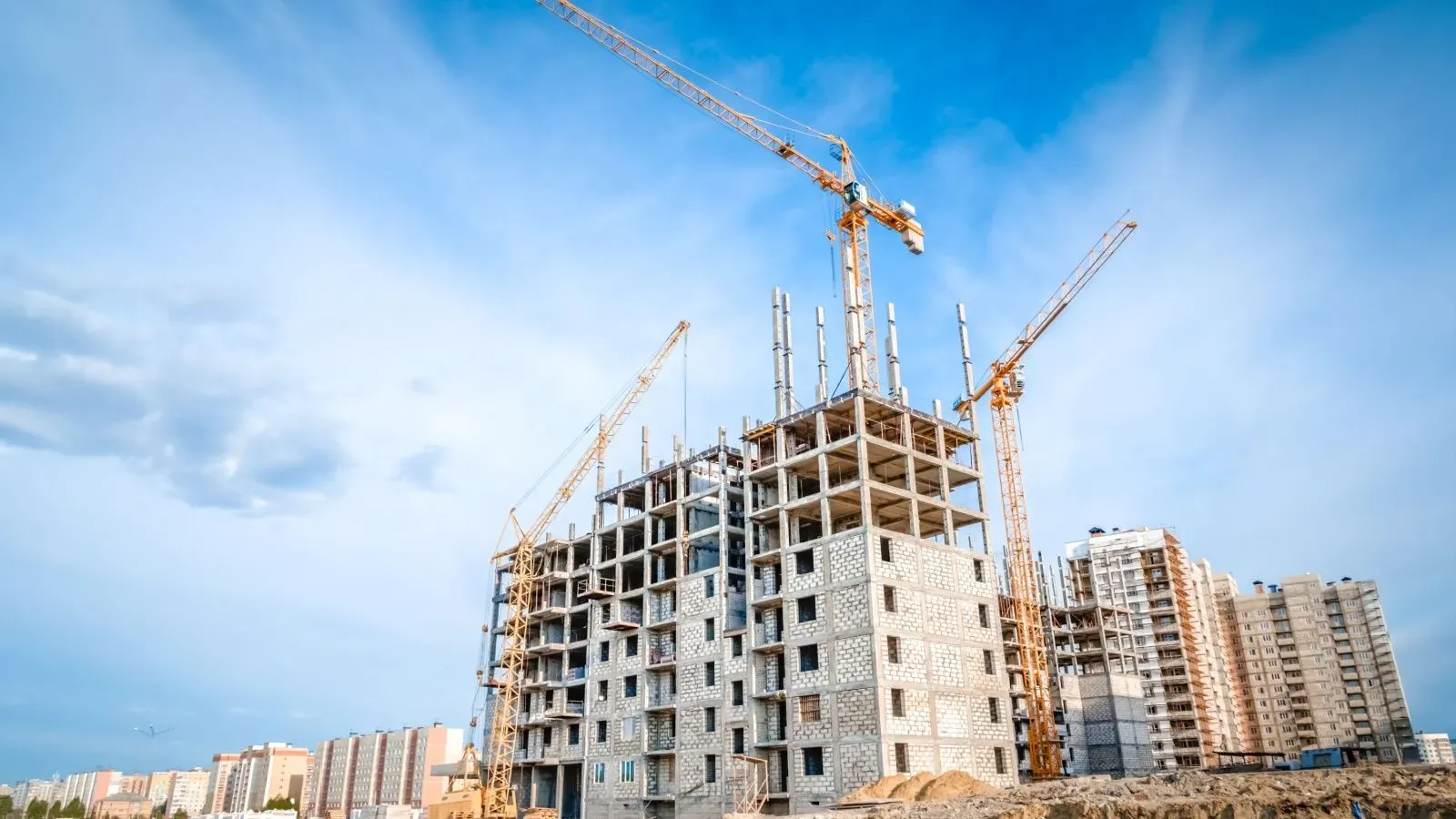Personal Finance News
Can common area maintenance charges in residential apartments be taxed as rent?

5 min read | Updated on August 28, 2025, 19:28 IST
SUMMARY
Legal experts say the recent Delhi High Court judgment has confirmed that rent and maintenance charges are to be treated separately for taxation. This article explains the whole issue in detail.

Rent is separate from maintenance, say experts. | Representational image source: Shutterstock
Whether you are a homeowner or a tenant, you have to pay for common area maintenance, especially when you are living in residential apartments or communities with many other houses/flats and residents.
While homeowners are required to pay for common area maintenance (CAM), who bears this cost in the case of tenants may vary across cities.
For instance, in Mumbai, owners do not generally ask tenants to pay for the common area maintenance separately from rent. It is indirectly included in the total rent.
However, in cities like Delhi-NCR and even Hyderabad, houseowners generally ask their tenants to separately pay for applicable CAM charges while rent is collected as per the rental agreements.
While small rent payments do not trigger taxation, larger amounts require tax deduction at source (TDS) by the person who is making the payment.
However, it is often confusing whether to treat CAM charges as part of rent and deduct TDS. In a recent judgement in CIT vs Diamond Tree, the Delhi High Court touched on the issue and held that CAM charges cannot be considered as rent.
"...CAM charges can be covered under provisions of 194C of the Act of 1961, the said charges cannot be construed as payment of rent for occupying the premises in question," the Delhi HC said.
Please note that the Delhi HC judgement doesn't directly impact individuals living in residential apartments.
However, legal experts believe the High Court's judgment has once again confirmed that rent and maintenance charges are to be treated separately for taxation. That said, let's dive into the case and what the experts say about its implications.
Case background
In the judgment dated August 6, 2025, the Delhi High Court took two appeals filed by the Commissioner of Income Tax (CIT) against Diamond Tree. The key issue in these appeals was whether Common Area Maintenance (CAM) charges are liable for Tax Deducted at Source (TDS) under Section 194I (rent) or Section 194C (contractual payments) of the Income Tax Act, 1961.
The bench comprising Justice V Kameswar Rao and Justice Vinod Kumar in the case of CIT v. Diamond Tree clarified that CAM charges are not “rent” but contractual payments for services such as cleanliness, utilities, and upkeep of shared facilities.
"The Delhi High Court has reaffirmed that CAM charges are service payments and not rent, therefore fall under Section 194C of the Income Tax Act, 1961 rather than Section 194I of the Act," Raadhika Chawla, Advocate, Delhi High Court
What does the judgement mean?
According to Shashank Agarwal, founder, Legum Solis, the judgment has clarified under what provisions of the Income Tax will the CAM charges be liable to TDS, whether under section 194C (as payment for works) or under section 194-I (as payment for rent).
However, there is no direct impact of the judgment on individual or HUF homebuyers/residents, as they are not liable to deduct taxes under Section 194 (C) and Section 194 (I).
"It must firstly be clarified that under neither of the provisions, individual or HUF homebuyers/residents are liable to deduct TDS while making payment for CAM Charges. Therefore, this judgment will not imply such payers," said Shashank Agarwal, Founder, Legum Solis.
"In cases of persons (like business owners) to whom these provisions do apply, CAM charges have been held to be treated as payment for ‘works’ and not as ‘rents’. Therefore, these are liable to be deducted under section 194C," he added.
Common Area Maintenance (CAM): Who pays and how it's taxed
| Aspect | Details |
|---|---|
| Who pays CAM charges? | Homeowners always pay; tenants’ liability varies by city |
| City-wise CAM practice | - Mumbai: CAM usually included in rent - Delhi-NCR & Hyderabad: CAM often charged separately |
| Taxation on CAM charges | Large payments may require TDS; confusion exists on whether CAM is part of rent |
| Delhi HC ruling (Aug 6, 2025) | CAM charges are not rent; fall under Section 194C (contractual payments) |
| Impact on individuals | No TDS liability for individual/HUF residents; ruling mainly affects businesses |
| Expert view | Rent and CAM should be treated separately for tax clarity and transparency |
What are the implications for individuals living in residential apartments?
Experts said the Delhi HC's decision is significant for residents of apartment complexes and residential communities, as it confirms that maintenance charges should not be added to the rent for tax calculation.
"For residents of apartment complexes, the decision is important as it prevents an artificial inflation of tax liability by treating maintenance as rent and ensures more transparency in billing by housing societies," said Chawla.
Adding to the above, Aditya Chopra, Managing Partner, The Victoriam Legalis, said, "For people paying rent and maintenance charges in apartment societies in cities, the implications are noteworthy. The ruling confirms that maintenance charges should not be added to the rent amount for tax calculations."
"Now, the tenants and apartment owners can comply with taxation requirements by clearly separating rent and maintenance in the agreement during its execution, as well as in their invoices," he added.
According to Chawla, the court’s reasoning is straightforward that rent is what you pay to live in the flat or use the space, while maintenance is just the money collected to keep things like lifts, lights, and cleaning going.
Related News
By signing up you agree to Upstox’s Terms & Conditions
About The Author
Next Story




